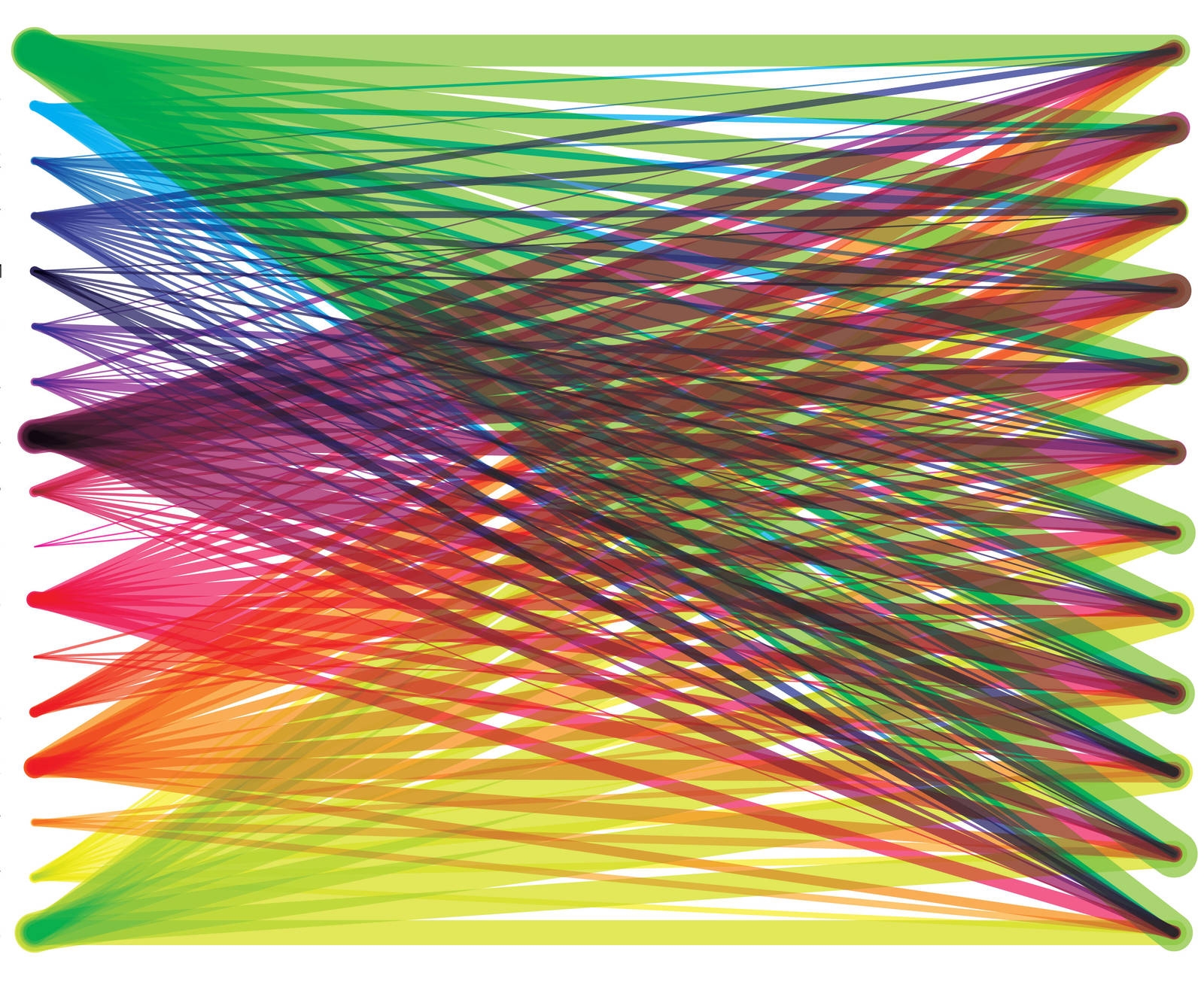I’m not a big fan of social media. In and of itself there is nothing wrong with it, but I think that people were not set up to communicate this way. All of the negative aspects about “us” tend to come out in social media platforms. I suspect that has to do with the simple fact that the communication is not in-person. When communicating over a medium like the internet, we are distanced from the person we are communicating with. They is no feedback, no cues, nothing to reign us in, calm us down, or cues to guide us. Instead, we run full bore ahead without really thinking about what it is we are saying and how it may be perceived by the person reading it.
We are in one mood when writing and the reader may be in another when they read it. There is little to no synergy. When communicating in person, there are certain checks and balances that constrain and guide the conversation. All of that is lost online. When people read something incendiary they don’t have the context of what prompted it. They are unaware if you were having a bad day and just needed to vent, or if you truly feel this way all the time. What’s more, what we post online is for everyone to see, not just a select few, and it is perpetual—it never goes away.
For me, social media is a great way to share ideas and knowledge, but it is a terrible place to share commentary and thoughts. The latter are better reserved for communication mediums where there is feedback—either verbal or visual. Certainly writing has its place, though social media limits that given its immediate nature. Social media platforms make it so much easier to spout off an idea without considering all of the repercussions and consequences. Imagine if the Founding Fathers in the United States had Twitter instead of being forced to lay out thoughtful, well drafted, convincing arguments that had to be printed and distributed? Twitter does not allow for thoughtful.
Social media also makes it easier to disseminate lies and misinformation, while making them seem legitimate. When everyone has platform it becomes relatively easy to share patently false ideas (like the Earth is flat—yes, there really are people out there that believe this). If nothing else, this sows doubt about everything. People start to wonder what is real, what is fake, what they should believe, and what they should doubt.
When I was in university, my mass communication course talked about “gatekeepers.” These were the journalists, editors and owners that decided which stories merited publishing. Traditional media was generally quite careful to check the veracity of a story through fact checking and investigation. There are pros and cons to that approach, but one thing is certain—there is no fact checking with social media. People may just post a random thought they have without considering whether it makes sense, let alone if it is factual. The irony is that we have come to trust the written word because there was so much fact checking and validation that went into its publication. Past tense. That is not the case anymore, but we have not updated our mental models to adjust to this brave new world.
In fact, disinformation through social media is so easy that everyone uses it. Corporations use it to manipulate opinion in their favor. Governments use it to undermine other governments and influence elections. Scientists use it to discredit other scientists with whom they disagree. The list goes on. This sort of thing has been going on forever, certainly, but the point is that it is much easier now.
Corporations essentially created the Christmas shopping season, religious zeal and climate change denial in the US. The US “influenced” public opinion and fermented social unrest around the world. Social media has just made it that much easier, 1984 style. That is why it was so easy for Russians to influence and manipulate elections in the US.
I would go so far as to say that many social issues today are tied to the lack of direct interaction with people. We sit at home alone and there is no dialogue. As a society, we are bowling alone. Should we really blame social media? No, social media in and of itself is not to blame. It is just a platform. While there are steps that social media sites can take to ensure that information is accurate, the responsibility ultimately lies with us.
We cannot rely on or even trust that large corporations will do what is in the public interest. What is in the public interest is often not in their interest. Instead, we should adopt a critical mindset and ask ourselves, “Does this make sense?” Being skeptical is healthy. When something extraordinary is presented, does the evidence support that? Is it more likely that the Earth is flat or that it is round? If the Sun, Moon, and every other planet is round, does it really make sense that Earth would be unique? Probably not. You don’t have to expend a great deal of mental effort, just some mental effort.

